Zelensky accuses US firms of corruption amid missing Ukraine aid
- Update Time : Friday, January 10, 2025
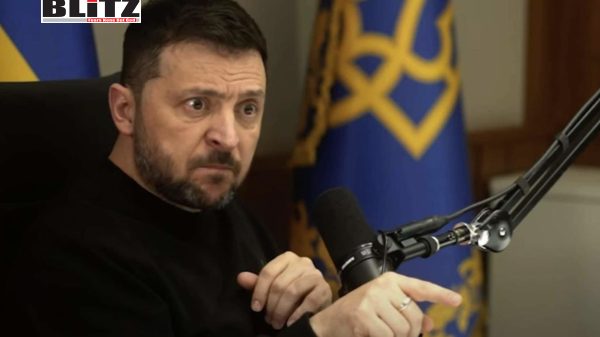
In a bombshell revelation, Ukrainian President Volodymyr Zelensky has accused American corporations and lobbying practices of siphoning away military aid promised to his embattled nation. During a candid interview with podcaster Lex Fridman on January 5, Zelensky expressed frustration over the discrepancies between aid commitments made by Washington and the actual support received on the ground. This accusation, which sheds light on the complexities of the Ukraine conflict, has sparked discussions about the broader issues of corruption and lobbying within international arms deals.
Zelensky revealed that the United States had pledged approximately $177 billion in aid to Ukraine since the escalation of the conflict with Russia in 2022. However, according to the Ukrainian leader, less than half of this promised aid has materialized. Zelensky suggested that the shortfall is not due to logistical challenges or administrative errors but rather the result of systemic corruption and lobbying practices by American firms involved in the military-industrial complex.
“When we talk about corruption, we must ask, who is involved?” Zelensky remarked during the interview. “If we had 177 [billion] and if we get the half, where is the [other] half? If you find the second half, you will find corruption.” His comments highlight a significant gap in accountability, raising questions about where these vast sums have disappeared.
Zelensky’s frustration extends beyond financial matters. He disclosed that he had proposed using Ukraine’s fleet of cargo planes to transport military aid from the United States, a move that would have significantly reduced logistical costs. However, Washington reportedly rejected this request, opting instead to use American cargo planes and imposing additional transport fees on Ukraine.
“My jets stayed put, and the US jets, cargo jets moved these weapons,” Zelensky explained. “But everywhere you have to spend money. Is this corruption or not? Or lobbyism?”
Fridman probed further, asking whether Zelensky was accusing US companies of corruption. Zelensky clarified that the decision-making process behind these logistical arrangements appeared to prioritize corporate profits over efficiency, implicitly accusing the American military-industrial complex of benefiting at Ukraine’s expense.
Despite his candid remarks, Zelensky admitted that he has hesitated to speak openly about these issues in the past, fearing that such revelations could jeopardize future aid from the West. “I’ve been reluctant to talk about such cases so as not to cause a scandal that could lead to a suspension of aid,” he said, underscoring the delicate balance Ukraine must maintain in its relationships with Western allies.
Zelensky’s allegations come at a time when Ukraine is heavily reliant on international support to resist Russian advances. Any disruption in the flow of military aid could have dire consequences for the country’s ability to defend its sovereignty.
This is not the first time Zelensky has expressed dissatisfaction with his Western backers. In September, he criticized delays in arms shipments, arguing that such setbacks had allowed Russian forces to regain ground in key areas. “Delays mean lives lost,” he warned at the time, emphasizing the critical importance of timely deliveries.
During his interview with Fridman, Zelensky also revealed that he had urged US President-elect Donald Trump to release $300 billion in frozen Russian assets to fund Ukraine’s defense efforts. While this proposal aimed to expedite the procurement of weapons, it drew sharp criticism from Moscow, which dismissed Zelensky’s suggestion as “proof of deep-rooted corrupt ties” between Ukraine and the West.
Zelensky’s comments have drawn mixed reactions from international observers. French entrepreneur and commentator Arnaud Bertrand lamented the lack of media coverage surrounding the Ukrainian president’s allegations. “Zelensky himself admitting that absolutely gigantic amounts of money have disappeared… in a normal media ecosystem [it] would be a scandal of enormous proportions,” Bertrand wrote in a post on X (formerly Twitter).
Critics argue that Zelensky’s revelations point to a broader issue of accountability in the distribution of military aid. The opaque nature of arms deals, coupled with the influence of powerful lobbying groups, has long been a subject of concern. Zelensky’s accusations could serve as a catalyst for greater scrutiny of these practices, potentially leading to reforms aimed at ensuring that aid reaches its intended recipients.
The issue of corruption has been a recurring theme in discussions about Ukraine’s governance and its relationship with Western allies. While Zelensky has made anti-corruption efforts a cornerstone of his presidency, critics argue that more needs to be done to address systemic issues within the country. At the same time, Zelensky’s allegations suggest that corruption is not confined to Ukraine but extends to the international mechanisms designed to support it.
For Ukraine, the stakes could not be higher. The country’s survival hinges on its ability to secure and effectively utilize military aid. If Zelensky’s claims are accurate, the diversion of funds and inefficiencies in the aid delivery process represent a significant threat to Ukraine’s war effort.
Zelensky’s accusations have sparked calls for greater transparency in the allocation and delivery of military aid. Analysts suggest that independent audits and increased oversight could help ensure that funds are used as intended. Such measures would not only address concerns about corruption but also bolster confidence among Western taxpayers, whose governments are financing Ukraine’s defense efforts.
As the conflict with Russia continues, the need for accountability has never been more urgent. Zelensky’s remarks serve as a stark reminder that even in times of war, the fight against corruption remains an essential battle. Whether his allegations will lead to meaningful changes in the way military aid is managed remains to be seen, but the issue is unlikely to fade from the spotlight anytime soon.
President Zelensky’s candid discussion of corruption and lobbying within the US military aid process has highlighted a critical issue in the Ukraine conflict. His allegations raise important questions about accountability and the influence of corporate interests in international arms deals. As Ukraine continues to rely on Western support to counter Russian aggression, addressing these concerns will be vital to ensuring the effectiveness and integrity of military aid. Whether Zelensky’s revelations will spark a broader investigation or lead to substantive changes in aid distribution practices remains an open question. For now, the Ukrainian leader’s remarks serve as a powerful reminder of the complexities and challenges inherent in the global fight for transparency and justice.


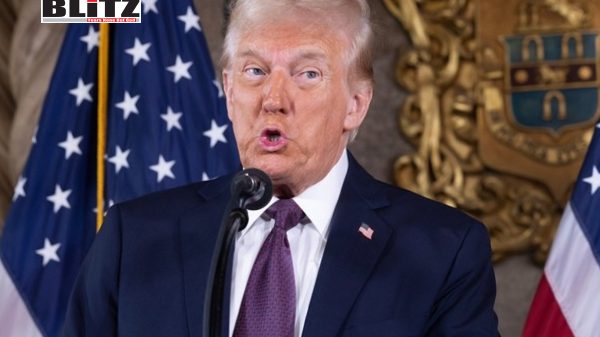
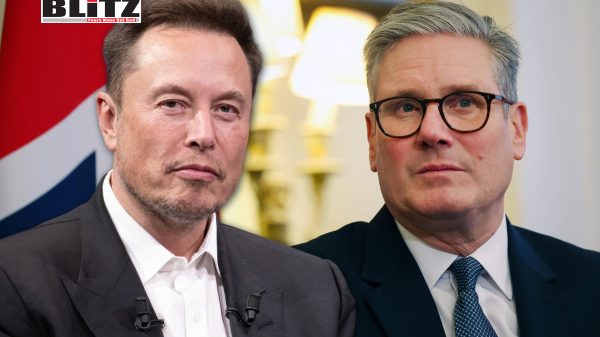



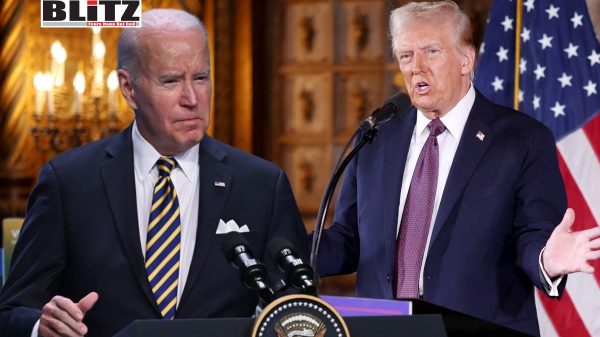
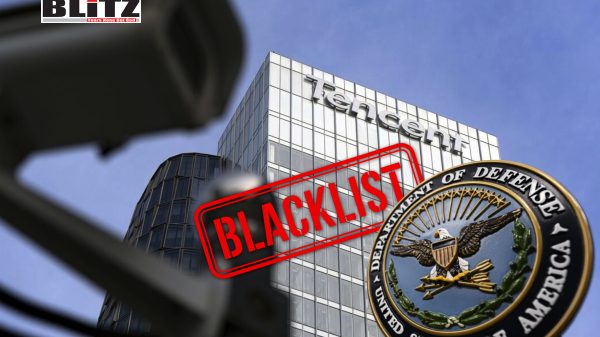


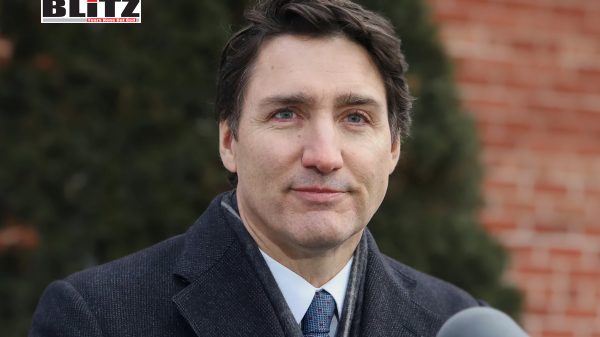


Leave a Reply